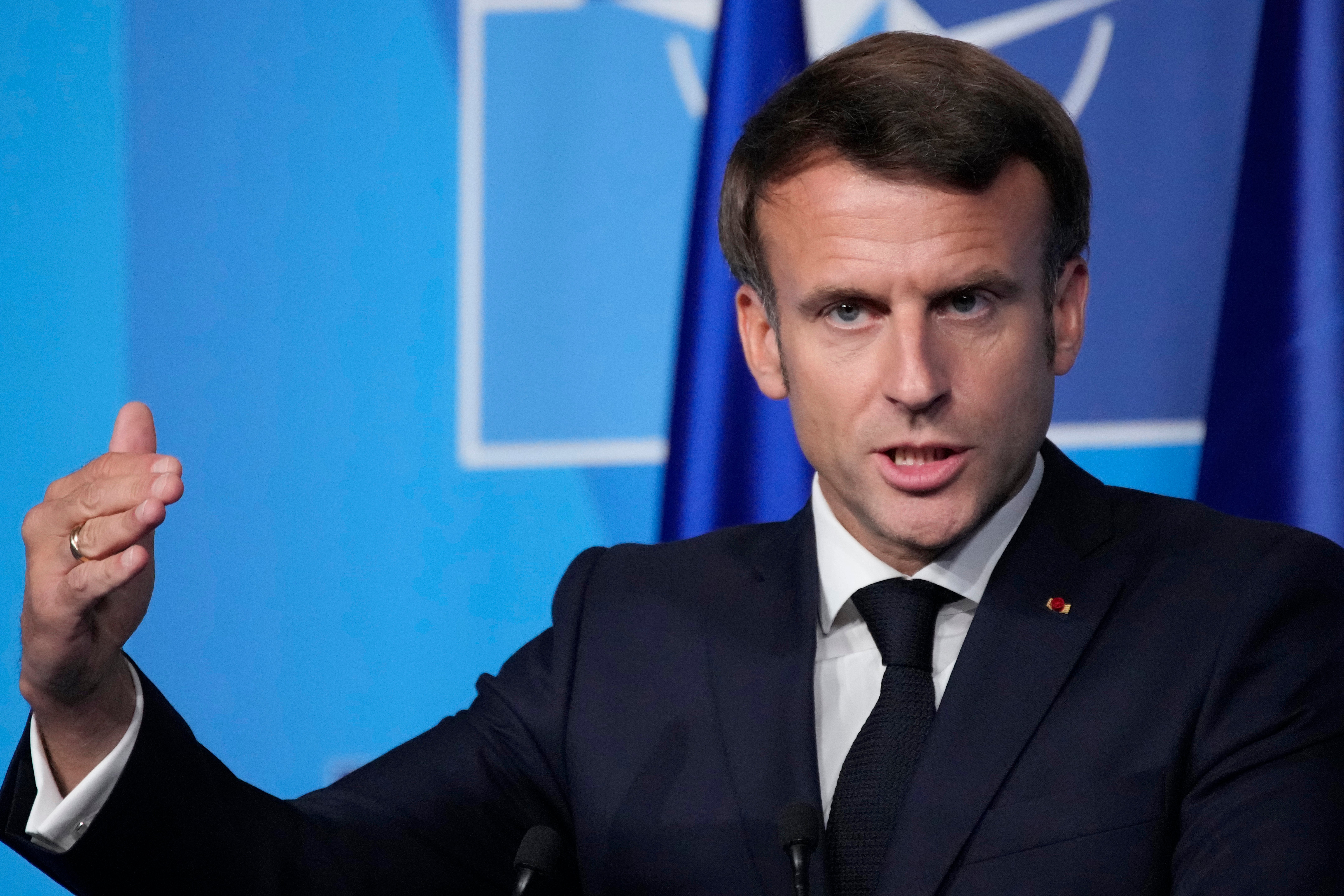France approves plan to scrap TV licence fee
Broadcasters worry they will be forced to rely more on advertising following bill

Your support helps us to tell the story
From reproductive rights to climate change to Big Tech, The Independent is on the ground when the story is developing. Whether it's investigating the financials of Elon Musk's pro-Trump PAC or producing our latest documentary, 'The A Word', which shines a light on the American women fighting for reproductive rights, we know how important it is to parse out the facts from the messaging.
At such a critical moment in US history, we need reporters on the ground. Your donation allows us to keep sending journalists to speak to both sides of the story.
The Independent is trusted by Americans across the entire political spectrum. And unlike many other quality news outlets, we choose not to lock Americans out of our reporting and analysis with paywalls. We believe quality journalism should be available to everyone, paid for by those who can afford it.
Your support makes all the difference.France is set to remove its television licence fee following the approval of Emmanuel Macron’s promise to ease the burden on households by cutting the public broadcasting tax.
The French president pledged the cut when he ran for his second term in spring this year as part of his vision to continue lower taxes.
The French licence fee is €138 a year in France which is approximately £115, compared to the UK TV license, which is £159 a year.
However, the plan caused a heated debate in the Senate, with President Macron’s opponents on the left raising concerns about the future funding of public television and radio, and broadcasting.
Members on the right were also critical of the bill for being too rushed and poorly prepared.
Many broadcasters are concerned that they will have to rely on government grants from VAT receipts instead of the tax brought in by households, according to Variety.
This has led to fears that broadcasters would be under more pressure from government figures, and will also be forced to rely more on income brought in from advertising.
The discontent about the bill resulted in thousands of broadcasters going on strike in late June.
Rima Abdul Malak, culture minister, said the government would protect public television and radio budgets while they build a plan for the future.
Socialist senator David Assouline told The Guardian: “The stakes are high in our society, where there is a large concentration of private channels and foreign platforms, meaning we must strengthen public broadcasting.”
He added the culture minister had “hailed the glory” of French public broadcasting yet was “creating the conditions for weakening it”.






Join our commenting forum
Join thought-provoking conversations, follow other Independent readers and see their replies
Comments